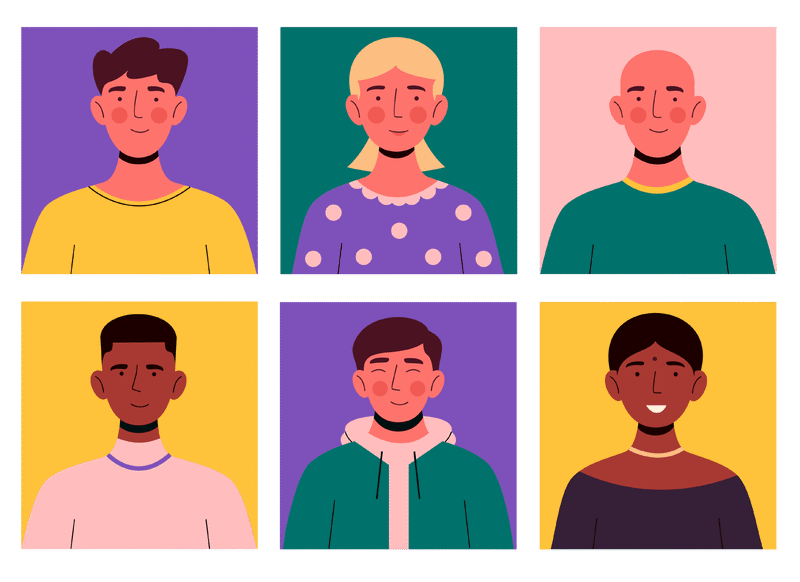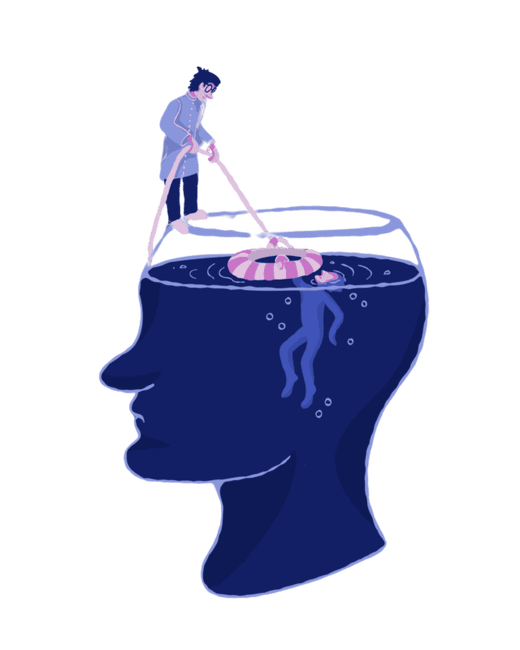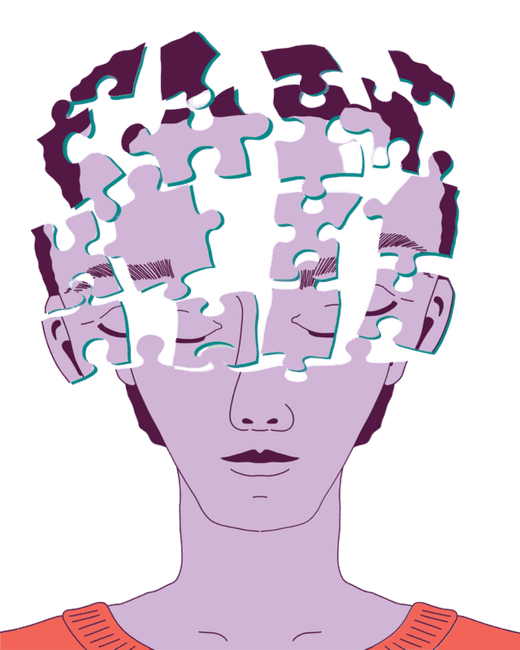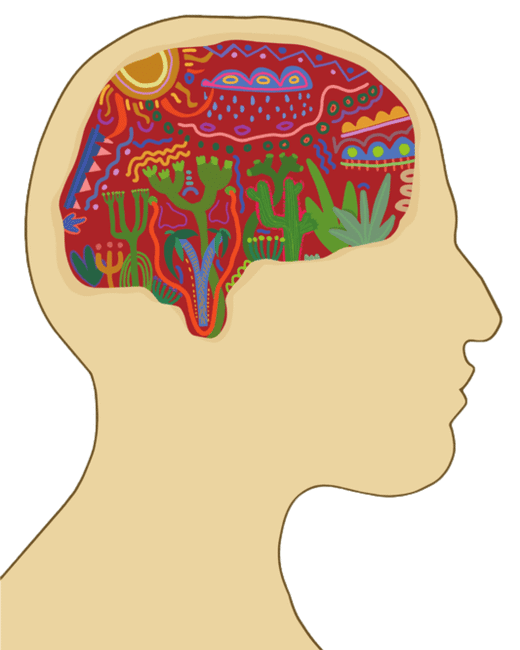The Brain is the Engine Driving Human Experience
The Crossed Keys Continuum is a non-profit organization dedicated to raising awareness about the dual continuum model of mental health and providing support to those in need. Through education, research funding, and direct assistance, we aim to destigmatize mental health issues and promote a more nuanced understanding of well-being. By embracing this holistic perspective, the organization strives to empower individuals to achieve optimal mental health regardless of their circumstances.
Get Involved

Beyond Diagnosis: The Dual Continuum Model
The Dual Continuum Model offers a groundbreaking perspective on mental health, emphasizing the independence of mental health and mental illness. This framework provides a nuanced understanding of how individuals can flourish or languish, regardless of their clinical diagnoses.
- Two Independent Dimensions: Mental health and mental illness are distinct, allowing individuals to flourish even with a mental illness or languish without one.
- Four Quadrants Framework: The model categorizes individuals into four states: flourishing with or without illness, and languishing with or without illness, offering a nuanced understanding of mental health.
- Broad Evidence Base: Supported by 82 out of 83 studies, the model is widely validated across diverse populations, proving its applicability beyond traditional approaches.
- Dynamic Interaction: Mental health and mental illness can coexist and influence each other, but they remain functionally independent, emphasizing the need for dual-focused interventions.
- Holistic Approach: By integrating clinical and positive psychology, the model fosters a comprehensive view of mental health that includes both symptom management and well-being enhancement.

Thriving With Illness: Mental Health Insights
Discover how positive mental health can empower individuals to flourish despite mental illness, and learn about its preventative power and role in recovery.
- Flourishing Beyond Illness: Positive mental health includes emotional, psychological, and social well-being, enabling high functioning despite mental illness.
- Preventative Power: High well-being significantly reduces the likelihood of future depression—those with low well-being are seven times more at risk.
- Better Functioning Outcomes: Flourishing individuals with mental illnesses outperform languishing individuals in work productivity and social engagement.
- Recovery Support: Positive mental health can reduce the severity, duration, and relapse rates of mental illnesses, aiding in long-term recovery.
- Comprehensive Screening: The model identifies overlooked groups like ‘symptomatic but content’ (high well-being with illness) and ‘vulnerable’ (low well-being without illness), allowing for more targeted interventions.

The Well-Being Spectrum: Flourishing to Languishing
Explore the dynamic nature of well-being, from optimal functioning to low interest in life, and how lifestyle choices and social connections impact mental health outcomes.
- Dynamic Continuum: Well-being ranges from flourishing (optimal functioning) to languishing (low interest in life), highlighting its fluid nature.
- Lifestyle Impact: Physical activity improves mental health outcomes in 89% of studies, emphasizing the role of habits in fostering well-being.
- Broader Benefits: Flourishing boosts physical health, relationships, and productivity, while languishing can lead to outcomes as poor as severe mental illness.
- Social Connection: Supportive relationships are key predictors of flourishing, underscoring the importance of community and social ties for mental well-being.
- Adaptability Across Contexts: The model applies to diverse settings—schools, workplaces, and healthcare—making it a versatile tool for improving overall quality of life.
Essential Reading
Explore pioneering research on the dual continuum model through articles by field experts. These scholarly works examine how mental health and mental illness interact independently, offering valuable insights for clinical practice and personal well-being. Engaging with these perspectives provides a deeper understanding of this transformative approach to mental health.